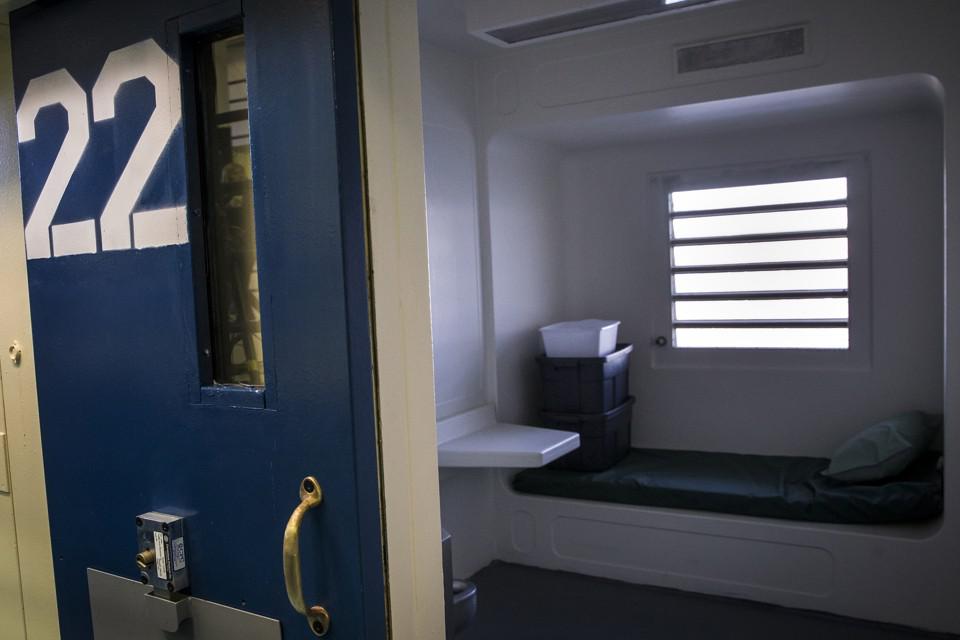UNLIMITED
Why U.S. Criminal Courts Are So Dependent on Plea Bargaining

Shondel Church was arrested in Kansas City, Missouri, last July, accused of stealing a generator and a tool box from his stepmother. He sat in Lafayette County Jail for six weeks before his first conversation with a public defender, Matthew Gass. Gass was reportedly hopeful that he could win the case at trial, but explained that the intensity of his workload meant he would need six months to prepare—six months during which Church would remain jailed. As a father of four and his family’s primary breadwinner, Church felt he couldn’t wait that long and instead pled guilty to a misdemeanor. He received two years of probation and a $2,600 bill for his stay in pretrial detention.
Ninety-seven percent of are settled the way Church’s was, by plea bargain. suggest similar numbers nationwide. Though access to a public trial is enshrined in the Sixth Amendment, taking a plea forecloses that possibility. “This constitutional right, for most, is a myth,” U.S. District Judge John Kane in 2014—one voice among a chorus of jurists, advocates, and academics all calling for reform. Some want tweaks to the regulation and oversight of pleas; others urge more ambitious
You’re reading a preview, subscribe to read more.
Start your free 30 days





